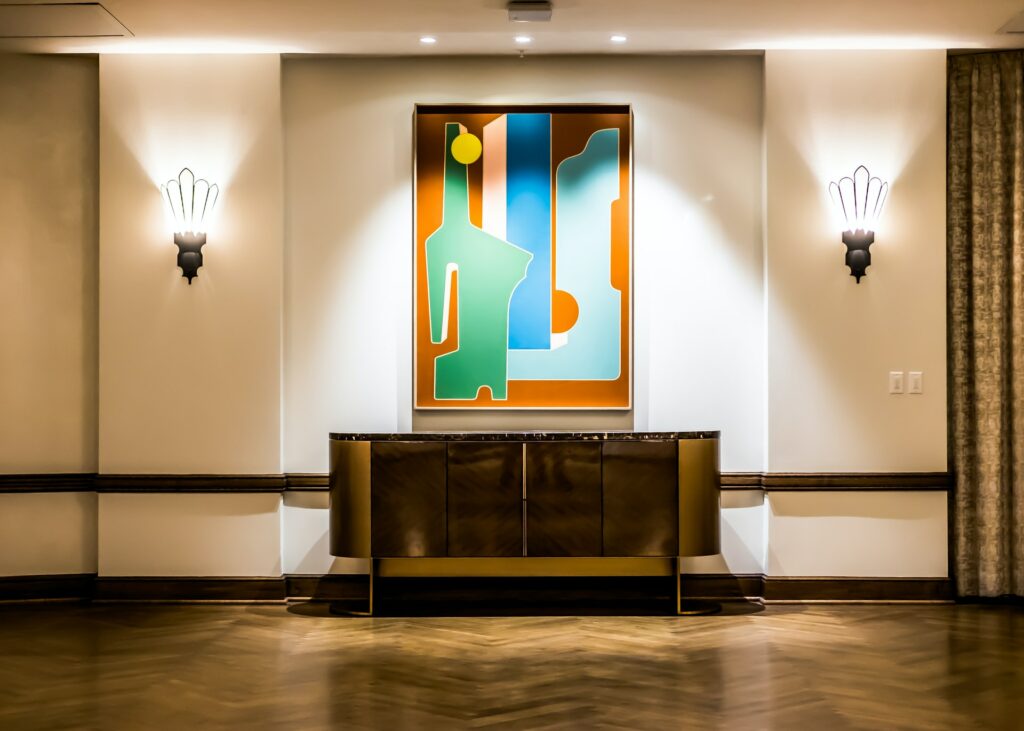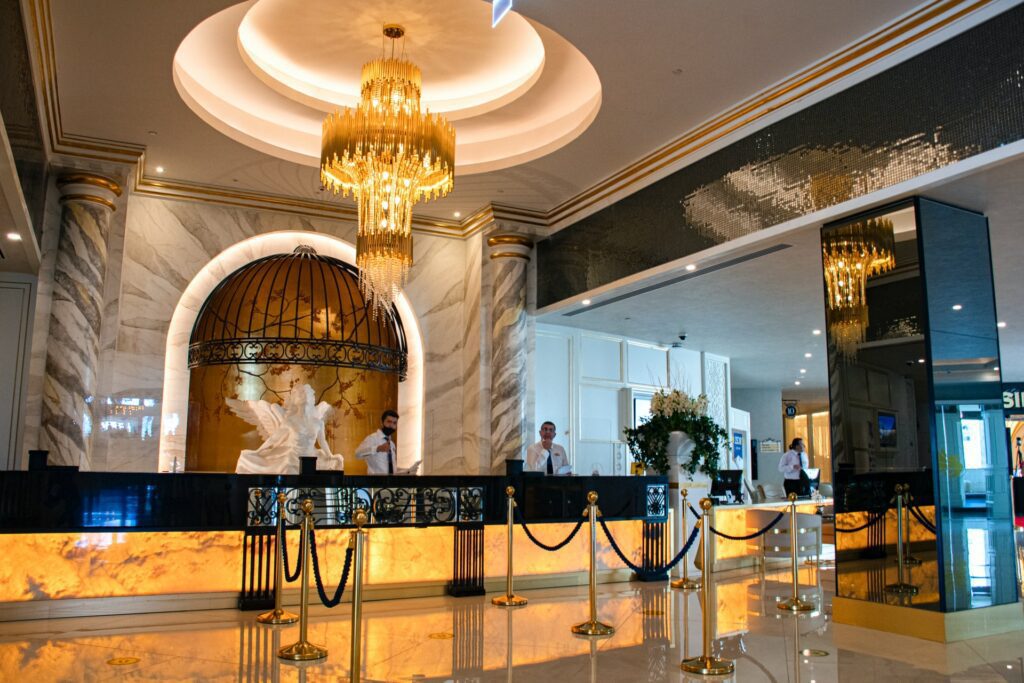When it comes to the hotel industry, what strikes you? Leisure, luxury, and lavish? The 3 L’s may just sound good, but when you become a significant part of the hotel industry, you get to observe every know-how involved in the industry. Moreover, over the past decades, a lot of things have changed. Several facets, technology, customer behavior, and various other things have determined the rise of the hospitality industry.
Moreover, when it concerns the lodging industry, managers and higher authorities have enhanced their products and services, attracted more guests, thereby creating opportunities for expansion and growth. Well, if you think closely, this has also led to the rise of the bottom line.

However, such transformations have also had an impact on the bottom line. Besides, even the internet has changed significantly. Such a platform has invited new incorporations like improvised menus, activities, recreational booths, and more inclusions. However, there’s always a different side to the story. With the overall cost rising alarming, the entire net effect has led to negative takes and decreased profit margins. Even when so much has happened, the hospitality industry will continue to operate at full capacity.
Having said that, let’s look at some of the factors that have constantly contributed to the ever-so-established sectors of the industry.
1. Marketing and Distribution
Experienced hoteliers always know the importance of distribution and marketing. More so, when these elements are involved, it simply means more cost needs to be navigated and incorporated to run multiple marketing campaigns at once. Well, while some hotel owners believe it’s a waste of money, many know their strengths. Earlier, when hotels used to be marketed through newspapers, billboards, radio, and television, they saw the dust through new ways of marketing like Google and social networking.
Moreover, the relationships between TPIs and hoteliers have developed some distinctive challenges from equitable tax remittals, commission charges, and increased market share. Besides, there is one thing that has changed primarily in relations: commission. Even though they were higher before, the entire landscape looks different now.
2. Consumer Behavior

When you see how people were in the early 2000s and even the 1990s, you would see they were dependent on other individuals to make bookings. Earlier, travelers did not have any web to make bookings. They used to depend on offline bookings and their travel guides and agencies. However, things have changed massively in the previous two decades. Now, people have become more engaged, educated, and updated. Such a sophistication level has touched several areas and spots of the industry. And a lot of positivity has gone into the industry.
When we talk about this, one should not forget the efforts hoteliers have put into understanding customer behavior. The digital world has allowed a user to target more places, compare them, and then make a decision as to what they want to book for their upcoming trip. This has allowed hotels to make considerable changes to their approaches and methods. Now, consumers are more aware and expect more amenities and services at reduced costs. Such a change has resulted in the introduction of complimentary hot breakfast, high-speed Wi-Fi, entertainment options, expanded in-room technology, and fitness centers.
3. Ownership and Assets
When it comes to current assets and ownerships, one has to adapt and incorporate. This is the same with the hotel industry. When the going gets tough, you have to improvise and customize. This is what a change can bring. And, more importantly, the industry has proven itself wrong each time. They have not only boosted their sales but also improvised well. For several hoteliers, it is faster and cheaper to renovate and develop a specific service property. Since different ownerships include multiple perks and assets, it would be fair to say that this industry has done well so far if you look at the bigger picture.
4. Operations
With so many changes occurring in previous decades, the hotel industry has seen it all. From big bill books to cashless transactions, a lot has happened in between. As the internet and technology have become more integral to the work hotels put in, more individuals are being trained regularly to adapt to such a change. Furthermore, other factors have hindered the hotel operations for bad. Third-party operators and good franchisees have impacted the operations but developed and delivered what the client or visitor expects.

Final Thoughts
In the end, what’s more, important is what needs no changes in the next couple of years. Except for all these, everything needs a fix. So, what do you expect when it comes to advancing in the hotel industry? From training individuals to ensure a visitor’s health and satisfaction, a lot rests on their shoulders. It would be fair to say that things can become more modern with adequate training and practical changes than they are right now.
Featured Image Credits: Pixabay







